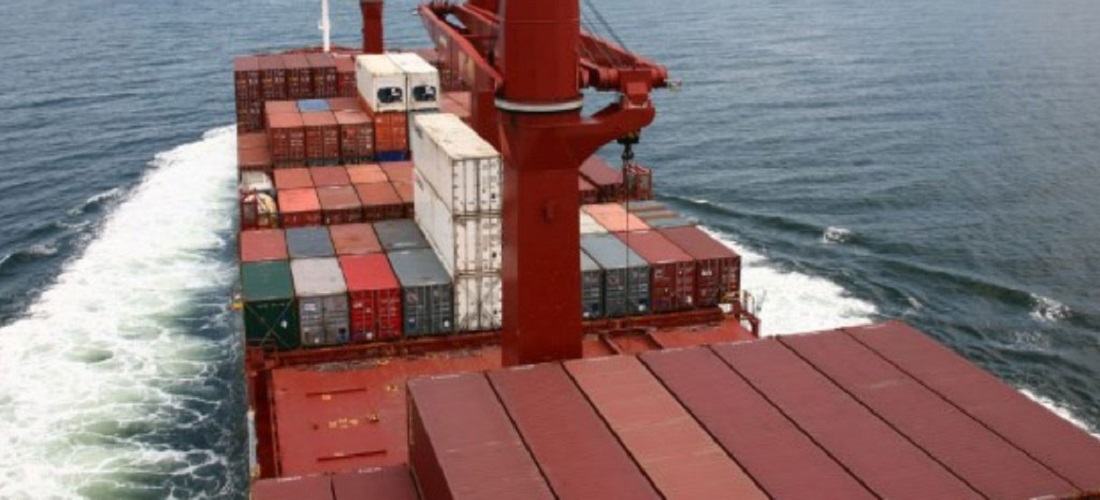
Argentina limits access to foreign exchange, blue dollar rates rise
Jun, 28, 2022 Posted by Gabriel MalheirosWeek 202226
To stop the growing flight of dollars and the loss of hard currency reserves, the Central Bank of Argentina announced, on the 27th, temporary restrictions on access to the foreign exchange market for large companies and importers of luxury goods, such as cars and private jets. The move comes a week after Vice President Cristina Kirchner denounced an “import festival” amid growing fears of default on Argentina’s domestic debt.
Imports of energy, capital goods, and medicines are exempt from these restrictions.
The limited access to dollars will likely affect the sale of Brazilian products to Argentina.
See below the record of exports shipped in containers from Brazil to Argentina from January 2021 to April 2022. The data below is from DataLiner.
Containers Exports from Brazil to Argentina | Jan 2021 – April 2022 | TEUs
Source: DataLiner (click here to request a demo)
Along with the pronouncement, the Central Bank announced a temporary halt to all payment operations for imports with foreign currencies, citing the necessity to adapt the system to the changes. As a result, Argentina’s central bank closed the day by purchasing $250 million US dollars, the first positive balance in three weeks. However, it sold US$ 605 million in reserves this month.
The reaction of the markets was negative. Blue dollar rates rose above 230 pesos for the first time and closed at 232 pesos, widening the spread with the official quotation to 86% – the highest in more than three months. In addition, the country risk measured by JP Morgan bank rose to a new record of 2,432 basis points.
Argentina, which has maintained capital control since 2019, saw imports soar 53.1% YOY in May, driven by high energy costs, while exports grew much slower, 20.7% from May last year – a concern for the country, which needs to increase international reserves.
The difficulty of accumulating reserves puts pressure on the Fernández administration’s macroeconomic program, and the goals agreed with the International Monetary Fund (IMF).
According to the BC, the measures are intended to “address extraordinary foreign currency needs, fulfill energy imports, and sustain economic growth and the development of small and medium-sized firms.”
In the first five months of the year, energy imports increased by 205% compared to the same period in 2021, totaling $4.64 billion.
According to the Banco Central (BC) of Argentina, on March 25, the country had US$ 43.3 billion in foreign exchange reserves. Three months later, on June 24, reserves dropped to US$ 38.0 billion. The outflow of dollars from Argentine reserves in this period is greater than all currency purchases by the Argentine BC in the entire year of 2022 (US$ 912 million so far). According to information from the Argentine media, Argentina’s balance of purchases and sales of dollars in June was negative, US$ 602 million.
The new foreign exchange market guidelines will be in effect until the end of September. The government estimates that it will be able to reduce Argentina’s total imports by US$ 1 billion with the measures.
However, the outflow of dollars from the country does not occur only through increased imports but mainly because of growing distrust in the government’s ability to honor its debt.
This time, the problem lies with the local bond market. Creditors are reluctant to roll over debt into government pesos. With spending still high and the government under pressure from the IMF to stop funding itself by issuing currency, there is a growing sense in Buenos Aires that the authorities are running out of financial options and that a domestic debt restructuring is likely.
Part of the problem is that the value of most bonds is pegged to inflation – the only debt instrument investors find attractive amid the crisis. So the burst of inflation, instead of providing huge relief from the public debt burden, as it does for governments worldwide, is putting even more strain on the Argentine treasury. Consumer prices are rising at an annual rate of over 60%, the highest rate this century and one of the highest in the world.
Source:Valor Econômico
To read the full original article, please go to: https://valor.globo.com/mundo/noticia/2022/06/28/argentina-limita-dolar-para-importacao-e-paralelo-sobe.ghtml
-
Blog News (ENG)
Oct, 14, 2022
0
Brazilian coffee exports hit record in September
-
Grains
Jan, 20, 2022
0
China’s soybean imports from the US increased while Brazilian shipments drop
-
Ports and Terminals
May, 18, 2022
0
Dislub Equador and Pecém signed a fuel tank park pre-contract
-
Ports and Terminals
Nov, 24, 2023
0
Minister Announces New Truck Parking Areas at Santos Port

